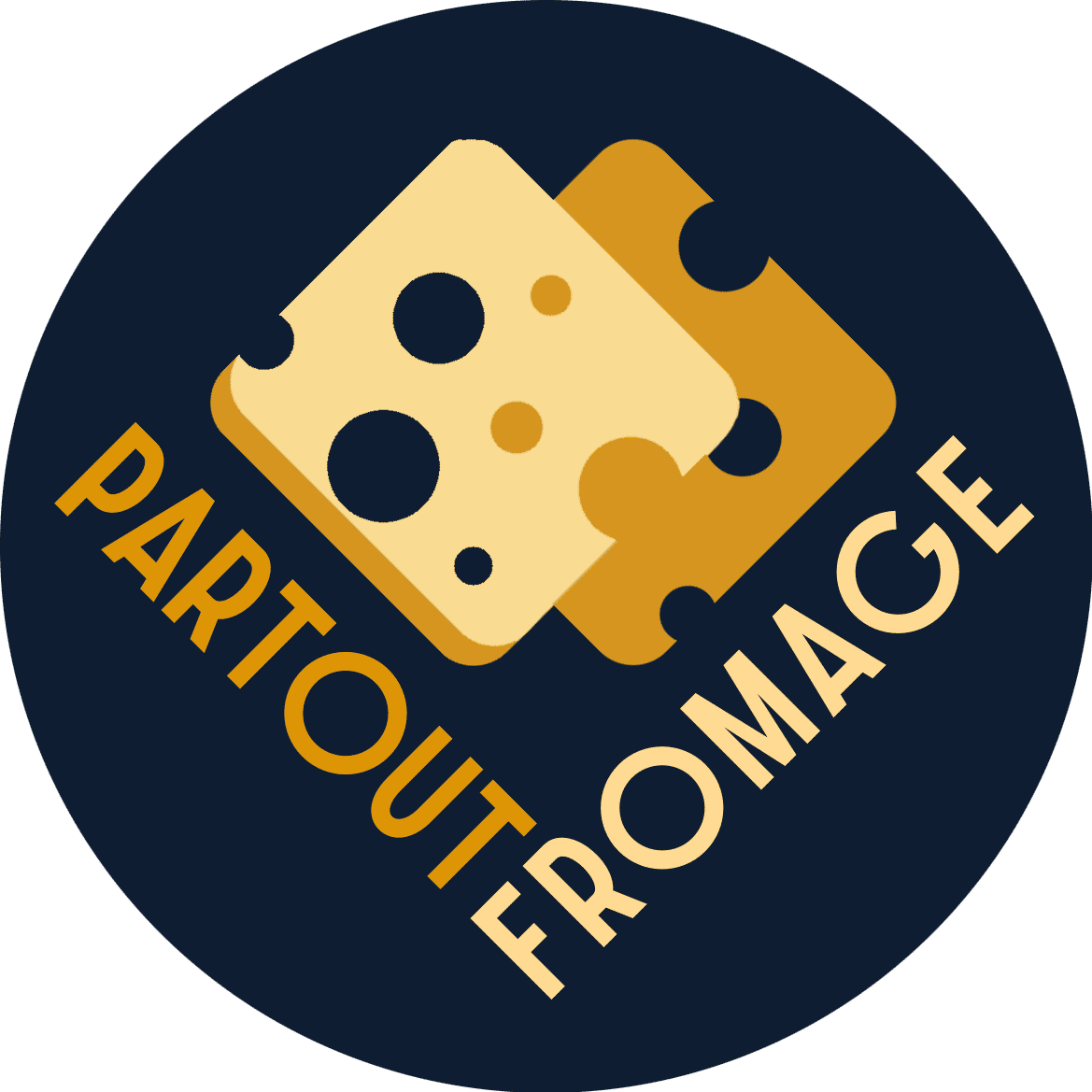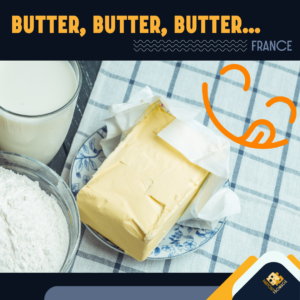Hello fellow cheese lovers!
Are you often confused about whether or not it's safe to eat the rind? Or do you avoid it at all costs, thinking it's inedible? Don't worry, we've got you covered! In this blog post, I'll provide a comprehensive guide to help you decide whether or not to indulge in that delicious cheese rind.
Before we delve into whether or not it's safe to eat the rind, let's first understand what it is. Cheese rind is the outer layer that forms during the aging process. Depending on the type of cheese and the process used to make it, the rind can have various textures, thicknesses, and colors. Some common types of cheese rind are natural rind, bloomy rind, washed rind, and wax-coated rind, each with its own unique characteristics.


Now, the million-dollar question - can you eat the rind? The answer is not a straightforward one. Whether or not it's safe for consumption depends on various factors, such as the type of cheese, the ripening process, and your personal preferences. In general, if there is no artificial cover (like wax or cloth), all cheese crust is edible, but some can add to the overall flavor of the cheese, while others can not.
So, how do you know if a cheese rind is safe to eat? A good rule of thumb is to read the label or ask the cheesemonger. They'll be able to tell you if the rind is edible or not. If you're still unsure, you can always do a quick taste test - if it tastes good, then it's probably safe to eat. However, if it tastes bitter or unpleasant, it's better to avoid it.

Another point to take into consideration: people with allergies or sensitivities should avoid eating the rind or consult with their physician before doing so.

In conclusion, whether or not to eat the cheese rind is a personal decision that depends on various factors. While some cheese rinds are perfectly safe to eat and can even enhance the flavor of the cheese, others are not. To be safe, always read the label or ask the cheesemonger before indulging in that delicious cheese rind. Happy cheese eating!










